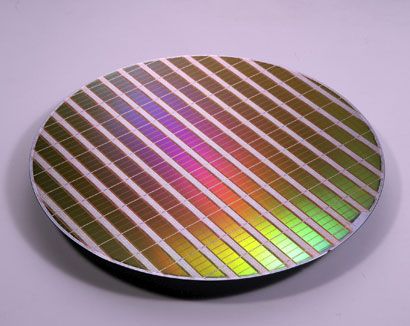Technology from a Taiwanese semiconductor foundry is to bring considerable benefits in performance and power efficiency to big.LITTLE implementations, in the name of FinFET. Hsinchu, Taiwan-based TSMC announced last month it had successfully produced the first fully functional ARM-based networking processor with FinFET technology and explained how TSMC’s 16FinFET process promises speed and power improvements as well as leakage reduction.
The advantages address “challenges that have become critical barriers to further scaling of advanced SoC technology. It has twice the gate density of TSMC’s 28HPM process, and operates more than 40 percent faster at the same total power, or reduces total power over 60 percent at the same speed.” Last month the company also announced 16nm FinFET (16FF) process technology improvements in light of a collaboration between ARM and TSMC to jointly optimize the 64-bit ARMv8-A processor series on FinFET process technologies. TSMC and ARM set new benchmarks for performance and power efficiency with FinFET Silicon with 64-bit ARM big.LITTLE technology. Silicon results on 16FF showed the “big” Cortex-A57 processor achieving 2.3GHz for sustained mobile peak performance, as well as the “LITTLE” Cortex-A53 processor consuming only 75mW for most common workloads. The company said TSMC’s 16FF+ process technology will deliver an additional 11 percent gain in performance for the Cortex-A57 at the same power as the 16FF process, and a further 35 percent power reduction for the Cortex-A53 when running low-intensity applications. The 16FF+ is scheduled to be delivered by Q4 2014.
For more detail: TSMC, ARM see impressive results with FinFET process

